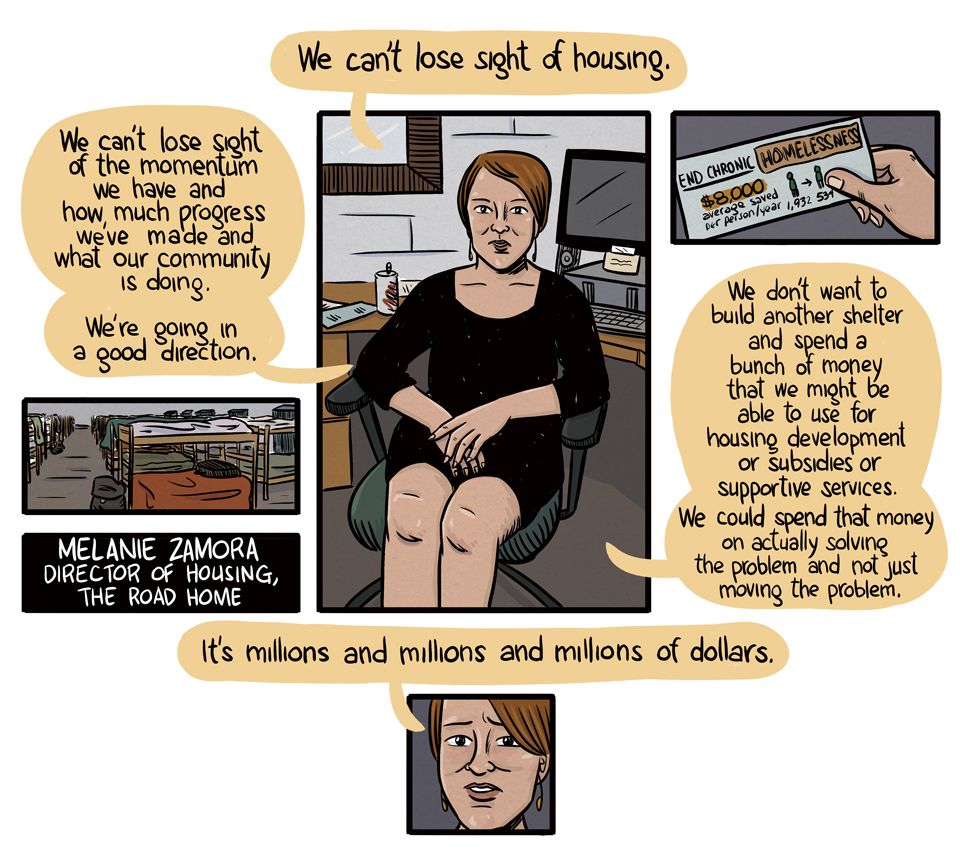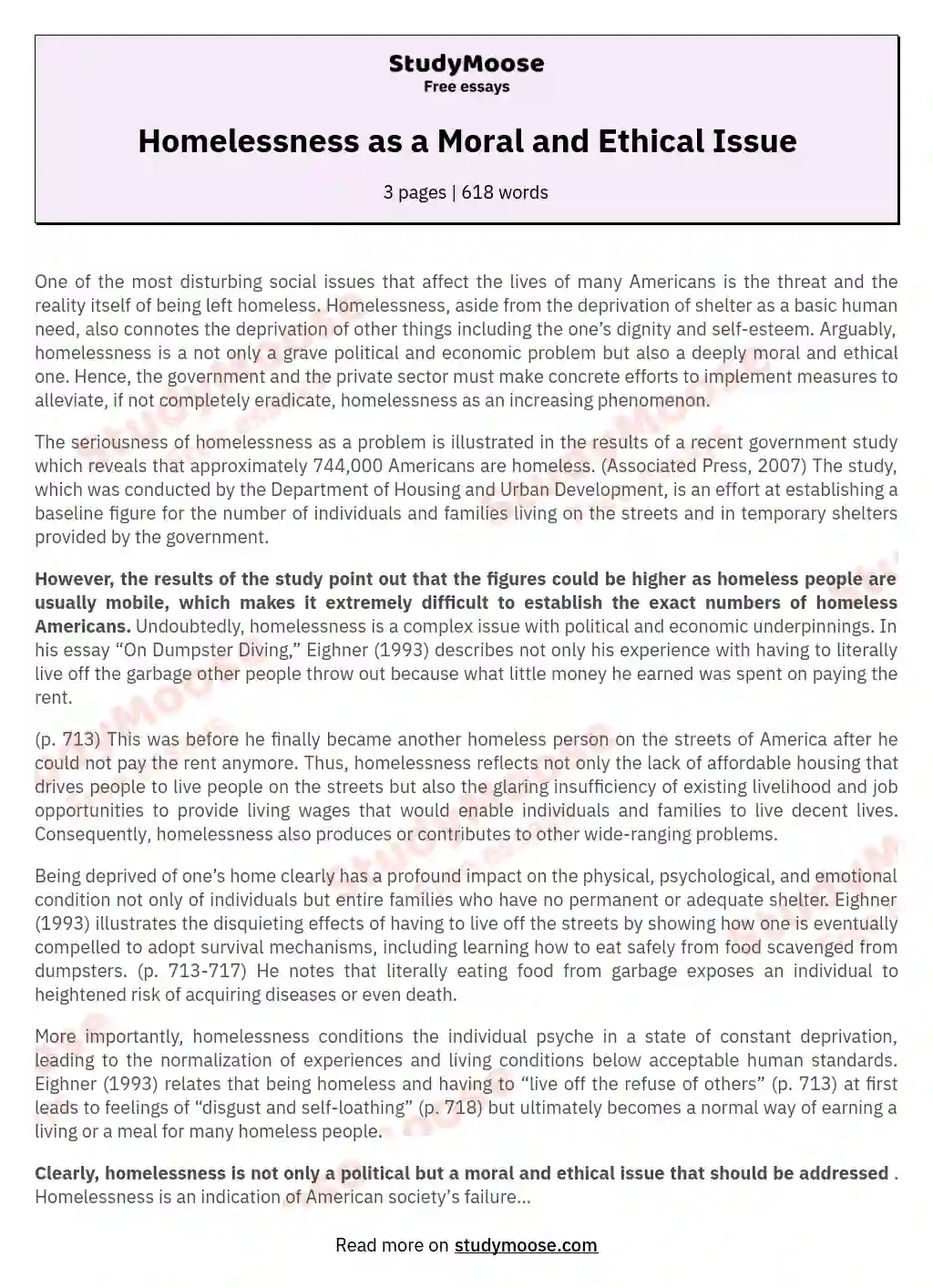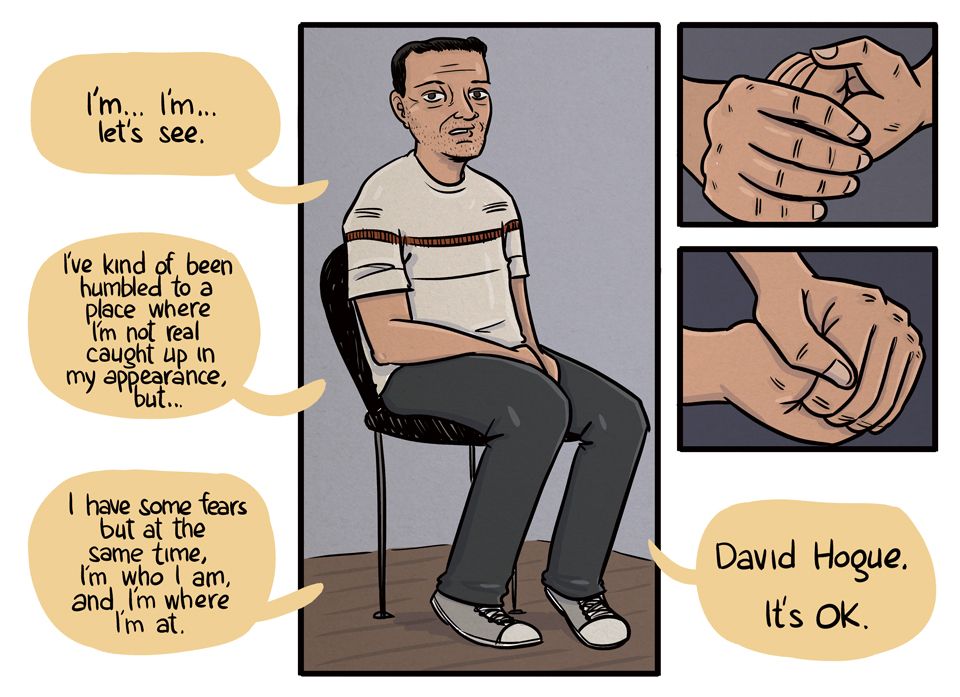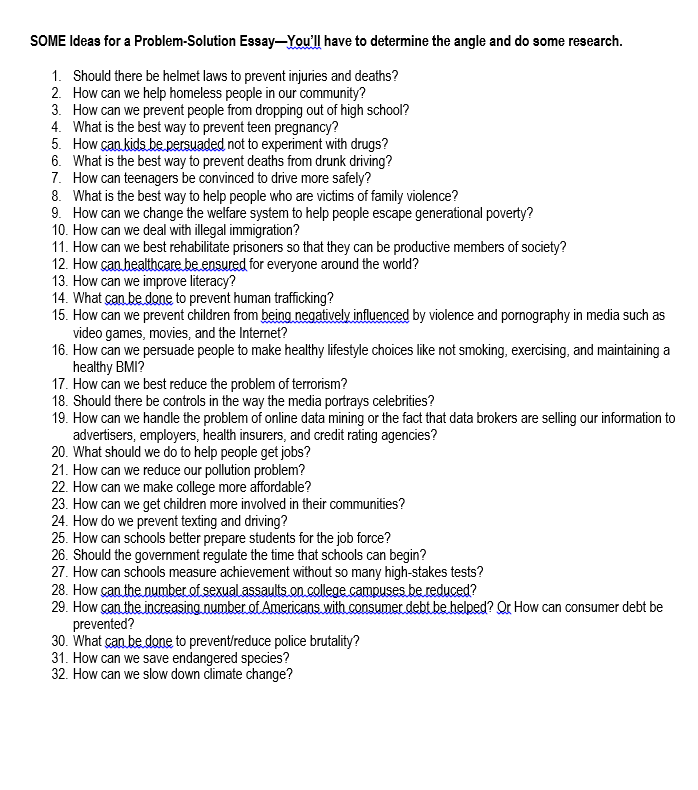The issue of homelessness is a complex and multifaceted problem that affects individuals, families, and communities across the world. It is a problem that has both immediate and long-term consequences, as people who are homeless often face significant challenges in terms of access to basic needs such as food, shelter, and healthcare. Given the significant impact that homelessness can have on individuals and society as a whole, it is important to consider whether the government should play a role in helping to address this issue.
One argument in favor of the government helping the homeless is that homelessness is a problem that affects everyone, and therefore it is the responsibility of society as a whole to help address it. Homelessness can have negative impacts on communities, such as increased crime rates, decreased property values, and reduced economic activity. By providing resources and support to the homeless, the government can help to mitigate these negative impacts and create a more stable and cohesive community.
Another argument in favor of government intervention is that homelessness is often caused by underlying issues such as mental illness, substance abuse, or a lack of affordable housing. These issues can be difficult for individuals to address on their own, and the government has the resources and expertise to provide the necessary support and assistance. For example, the government could provide funding for mental health and addiction treatment programs, as well as affordable housing initiatives.
Additionally, there are moral and humanitarian reasons to support the government helping the homeless. People who are homeless are often vulnerable and marginalized, and it is our responsibility as a society to ensure that everyone has access to basic needs such as shelter and food. By providing support to the homeless, the government can help to alleviate suffering and promote a more just and equitable society.
However, there are also arguments against the government helping the homeless. Some people believe that homelessness is a personal responsibility, and that individuals should be held accountable for their own actions and circumstances. Others argue that the government should not be responsible for addressing homelessness, and that private organizations and charities should be the ones to provide assistance.
Ultimately, the question of whether the government should help the homeless is a complex one with no easy answers. While there are valid arguments on both sides, it is clear that homelessness is a problem that affects not only those who are experiencing it, but also the wider community. In order to effectively address homelessness, it is likely that a combination of government intervention and private support will be needed.







:format(jpeg)/cdn.vox-cdn.com/uploads/chorus_image/image/49014853/GettyImages-513844588.0.0.jpg)